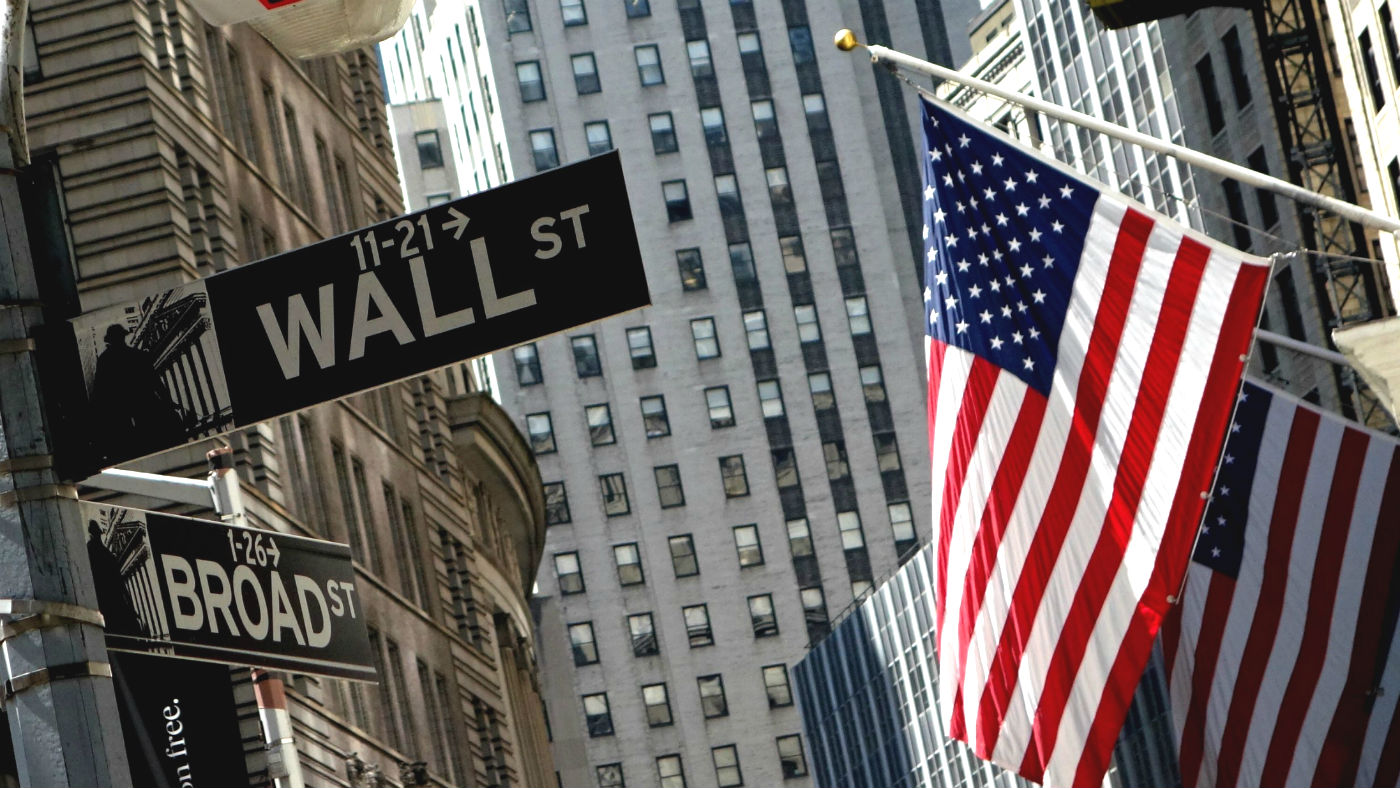Economists fear a 2020 US recession surge
America's business leaders worry Donald Trump’s protectionist trade policies will send US economy into a tailspin

A free daily email with the biggest news stories of the day – and the best features from TheWeek.com
You are now subscribed
Your newsletter sign-up was successful
America’s banks and business leaders are growing more concerned Donald Trump’s protectionist trade policies could push the US into recession by the end of 2020.
The survey of 53 economists published by the National Association for Business Economics, is a leading barometer of where the US business community thinks the economy is headed.
Only 15% of respondents said there was a risk of recession starting in 2019, but this jumped to 60% by the end of 2020. About a third of respondents forecast a recession will begin halfway through next year.
The Week
Escape your echo chamber. Get the facts behind the news, plus analysis from multiple perspectives.

Sign up for The Week's Free Newsletters
From our morning news briefing to a weekly Good News Newsletter, get the best of The Week delivered directly to your inbox.
From our morning news briefing to a weekly Good News Newsletter, get the best of The Week delivered directly to your inbox.
“The United States is probably somewhere in the last stages of an epic run of economic growth that began in 2009,” says CNN Business, driven by “dramatic and coordinated responses by the Federal Reserve, Congress and the Obama administration [which] helped pull the country up from the Great Recession”.
However, since taking office, Donald Trump “has aggressively tried to reorder the US position on global trade”, says CNN, picking fights with China, Europe, Mexico and India.
“The rift between the Trump administration and China has escalated as each side blames the other for the breakdown in talks” says Bloomberg. The trade war “is also taking on a global dimension amid simmering tensions between the US and the European Union, while Trump is threatening to impose tariffs on Mexican goods in response to illegal immigration”, adds the financial news service.
More than 55% of respondents questioned by the National Association for Business Economics cited increasingly protectionist trade policy as the greatest risk to the US economy in 2019. Separately, 88% pointed to US trade policy, and retaliation by other nations, for why they lowered their median GDP growth forecasts to 1.9% in 2020, down from 3.1% in the first three months of 2019.
A free daily email with the biggest news stories of the day – and the best features from TheWeek.com
Wall Street’s biggest banks have also lined up to warn investors of growing recession risks from the escalating trade war between the US and China.
Morgan Stanley's chief economist has warned the US economy could plunge into recession before next spring if the trade war between the world’s two largest economies continues.
If Trump follows through with his threat to slap 25% tariffs on a further $300 billion of imports from China, and Beijing retaliates, America's economy could enter recession — defined as two successive quarters of economic decline — within nine months, Chetan Ahya said in a recent note to clients seen by Markets Insider.
Separately, JPMorgan pegs the chances of a US recession in the second half of this year at 40%, up from 25% a month ago, according to Bloomberg.
Also sounding the alert, economists at Goldman Sachs Group said they now expect the US to impose 10% tariffs on the remaining $300 billion-worth of imports from China as well as on all Mexican goods. The bank lowered its US second-half growth forecast by about half a percentage point to 2% and said its sees a greater likelihood of interest-rate cuts from the Federal Reserve.
While a US recession would be felt around the world it could also have political ramifications domestically.
“Trump has campaigned on boosting growth and lowering unemployment, and made his deal-making abilities a signature aspect of his 2016 campaign,” says CNBC, so “an economic slowdown in early 2020 could hamstring Trump’s electoral chances” when American voters head the polls in November next year.